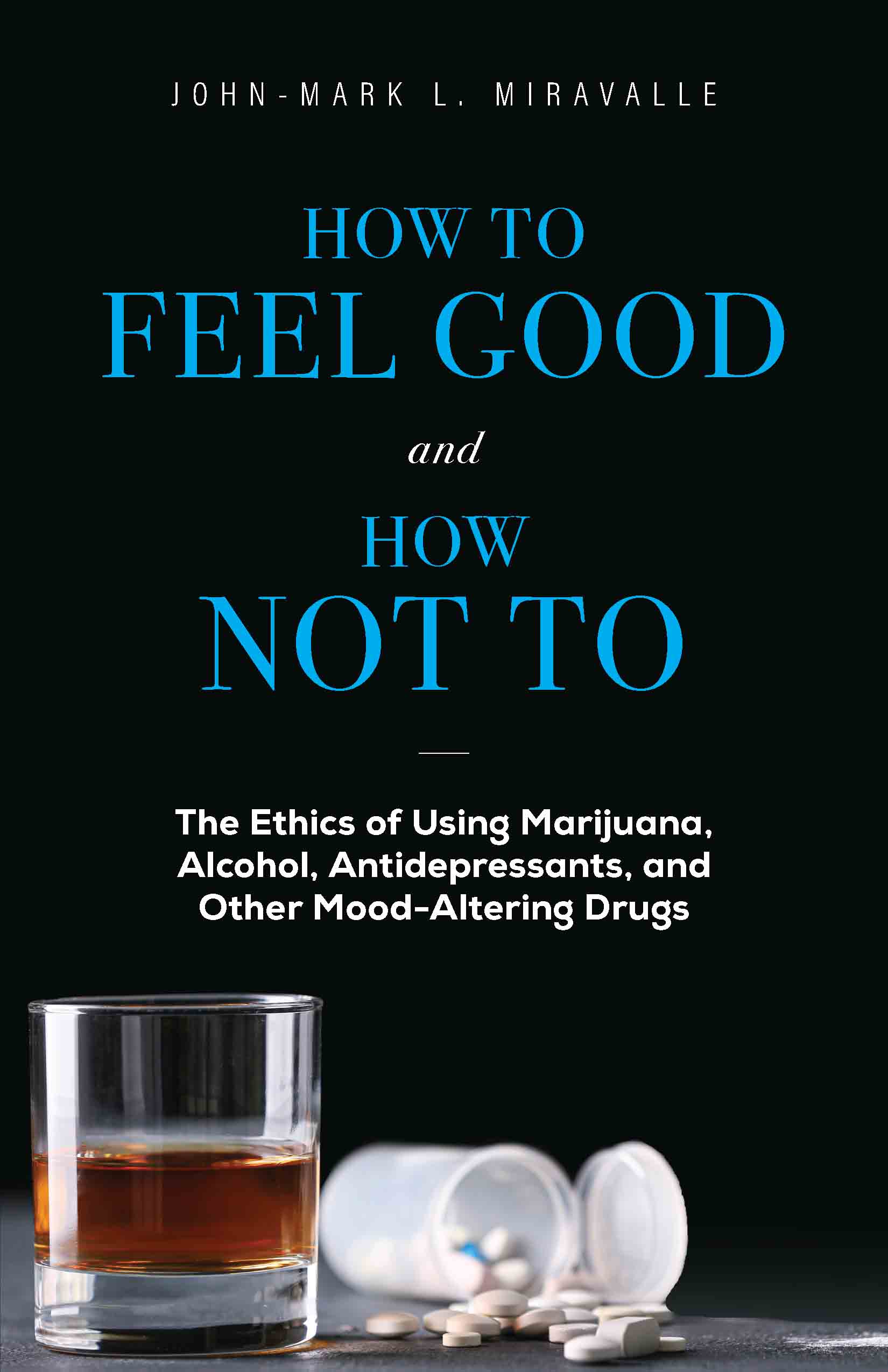One of the chief delights traditionally associated with recreation is one of contemplation. Again, when we take a break from worrying about the body, we can focus our attention on mental activities. To put it differently, when we cut back on doing, we can devote some time to reflection.
Later, when we talk about sorrow and depression, we’ll talk about the importance of finding legitimate sources of delight to counteract sadness at any level. Aquinas, in fact, enumerates a variety of delightful remedies for pain and sorrow. But no other remedy receives so strong an endorsement as does contemplation:
As stated above, the greatest of all pleasures consists in the contemplation of truth. Now every pleasure assuages pain as stated above: hence the contemplation of truth assuages pain or sorrow, and the more so the more perfectly one is a lover of wisdom. And therefore in the midst of tribulations men rejoice in the contemplation of Divine things and of future Happiness.
It’s a pretty tall order trying to convince people today that contemplation of truth is delightful, let alone that it’s the greatest delight there is. Nonetheless, I think it is the case. The mind longs to know things as the stomach wants food. And since the mind is incalculably more sophisticated than the stomach, the satisfaction of knowing should be proportionately higher than the satisfaction of having a full belly.
Knowing individual facts (sport stats, random dates, bits of gossip) can be pleasant, but not sufficient, like having an appetizer and no dinner. But big ideas, ideas that put everything in a new light — there’s food for the soul! Think about the last time a talk or a book or even a movie “blew your mind.” Probably it wove together large pieces of your experience — stuff that you knew already — and connected them to some larger principle in a way that brought it all together. Maybe it has been a while for you, but there’s nothing like it. We gain our knowledge piecemeal, and when we’re able to put the pieces together into a coherent picture, it’s enormously gratifying:
A sense of altitude awes but also thrills the soul of the [intellectual] worker; he is like the mountaineer amid rocks and glaciers. The world of ideas opens up scenes more sublime than those of the Alpine landscape, and they fill him with rapture. . . . According to the Angelic Doctor, contemplation begins in love and ends in joy.
The desire for knowledge is a constant feature of human life, and the information age has developed countless options for intellectual pleasure in the form of blogs, quiz shows, talk shows, social media sites, Siri, Wikipedia, TED talks, gossipy magazines, podcasts, and so forth. People go to these sources to fight boredom — but boredom can be fought only with enjoyment. This means that knowing things is enjoyable. Knowledge is “stimulating,” entertaining, interesting. It’s delightful just to know.
The problem, of course, is that these examples are incredibly lazy, unreliable ways of getting knowledge, and low-grade knowledge at that. Another tragic example can be taken from the people who feel “well informed” because they watch an hour or so of news every night. News stations are expert at providing clever substitutes for actual wisdom. Not only do they sensationalize disconnected pieces of information, but they even provide an overarching structure for interpreting everything (e.g., for one news provider, everything can be explained by the principle “conservatives are selfish and evil,” and for another news provider, everything can be explained by the principle “liberals are stupid and evil”). Thus news junkies can come to think that they’re aware of and understand everything worth knowing — even if they’ve literally never spent one minute’s energy on rigorous consideration or honest research regarding the ultimate things.
What’s really satisfying is thinking about the central existential issues, the comprehensive ideas, the core principles of existence and human life.
+
This article is adapted from a chapter in How To Feel Good and How Not To by John-Mark L. Miravalle which is available from Sophia Institute Press.
Art for this post on Contemplation: Cover and featured image used with permission.






